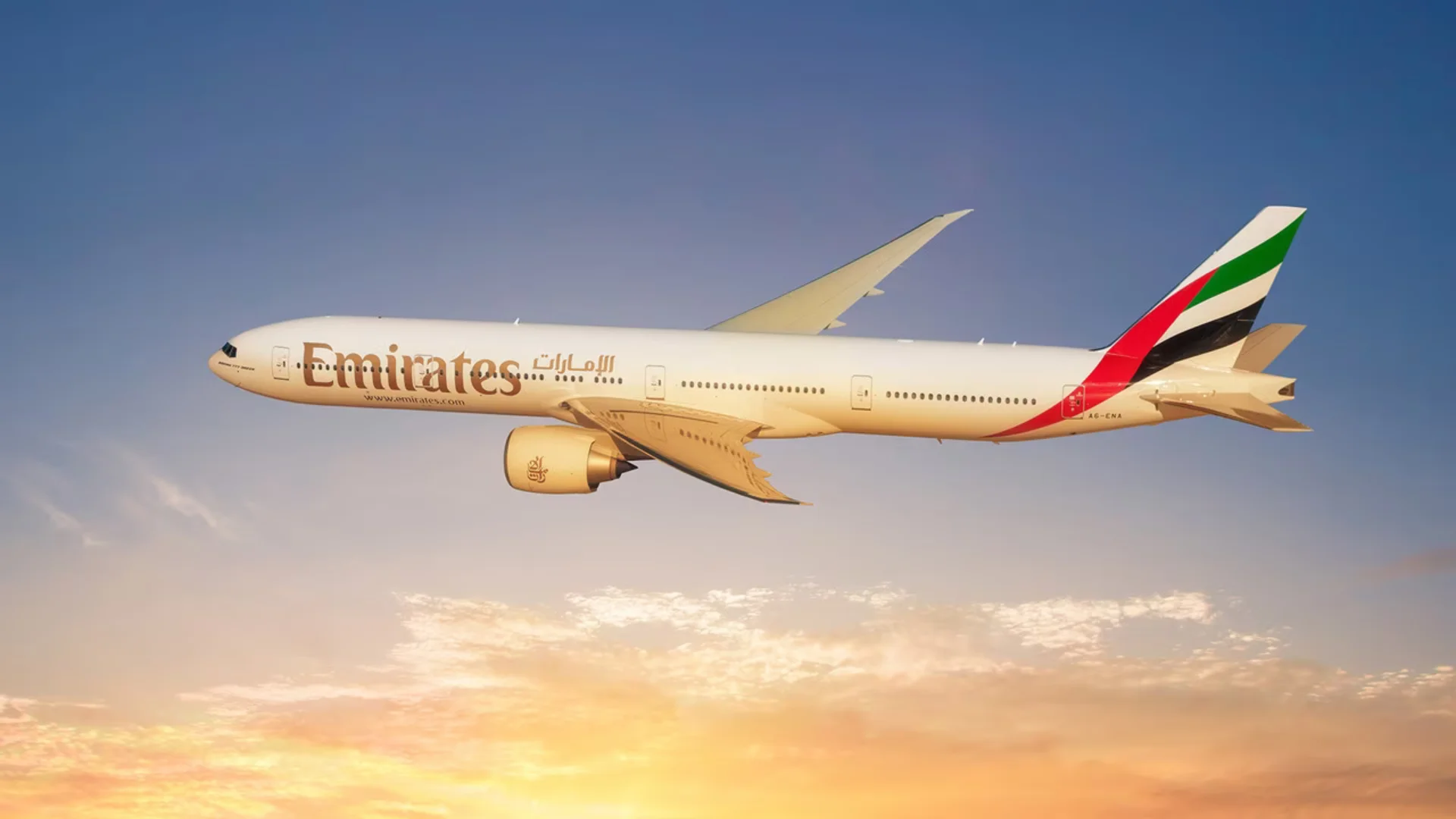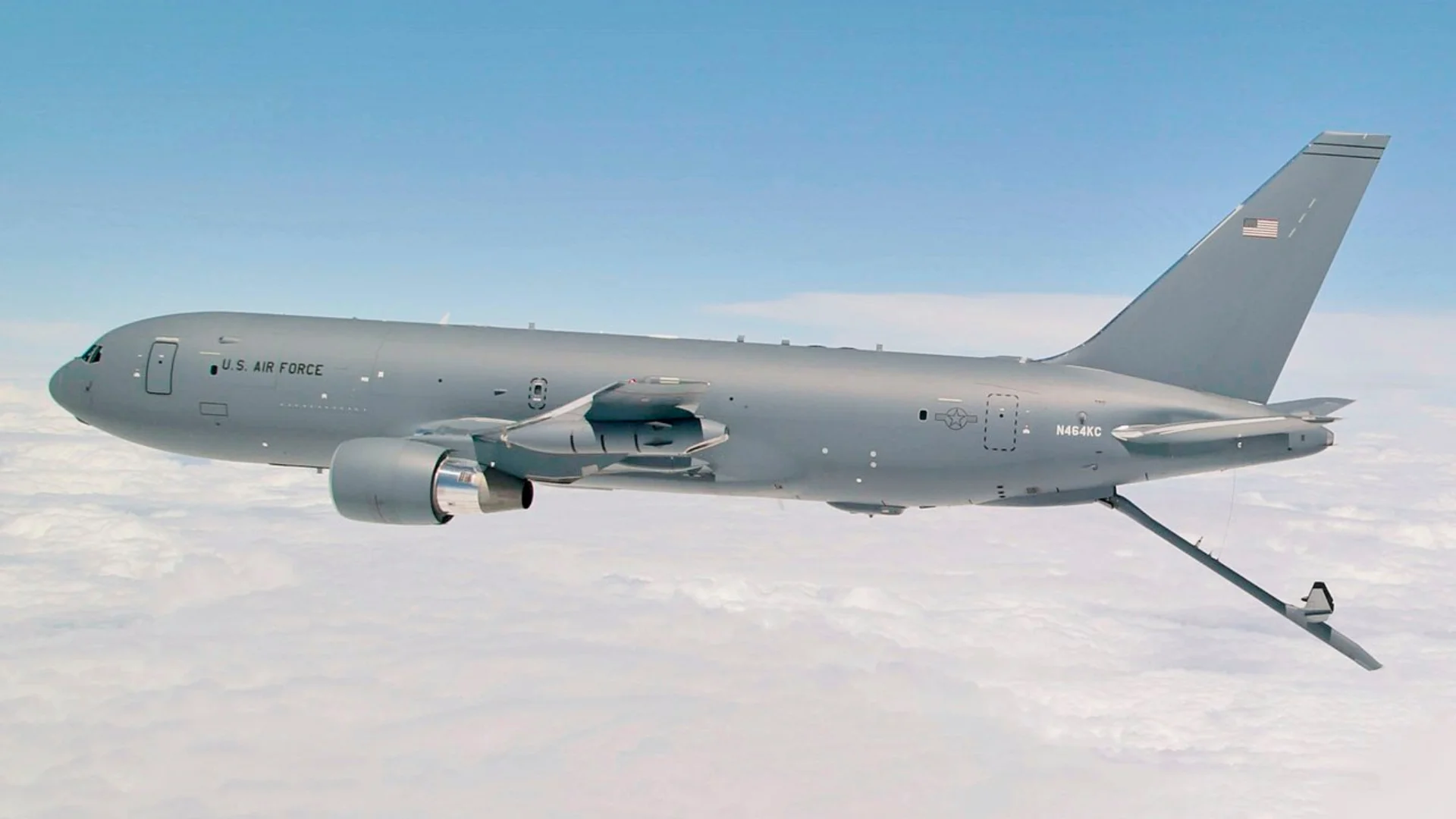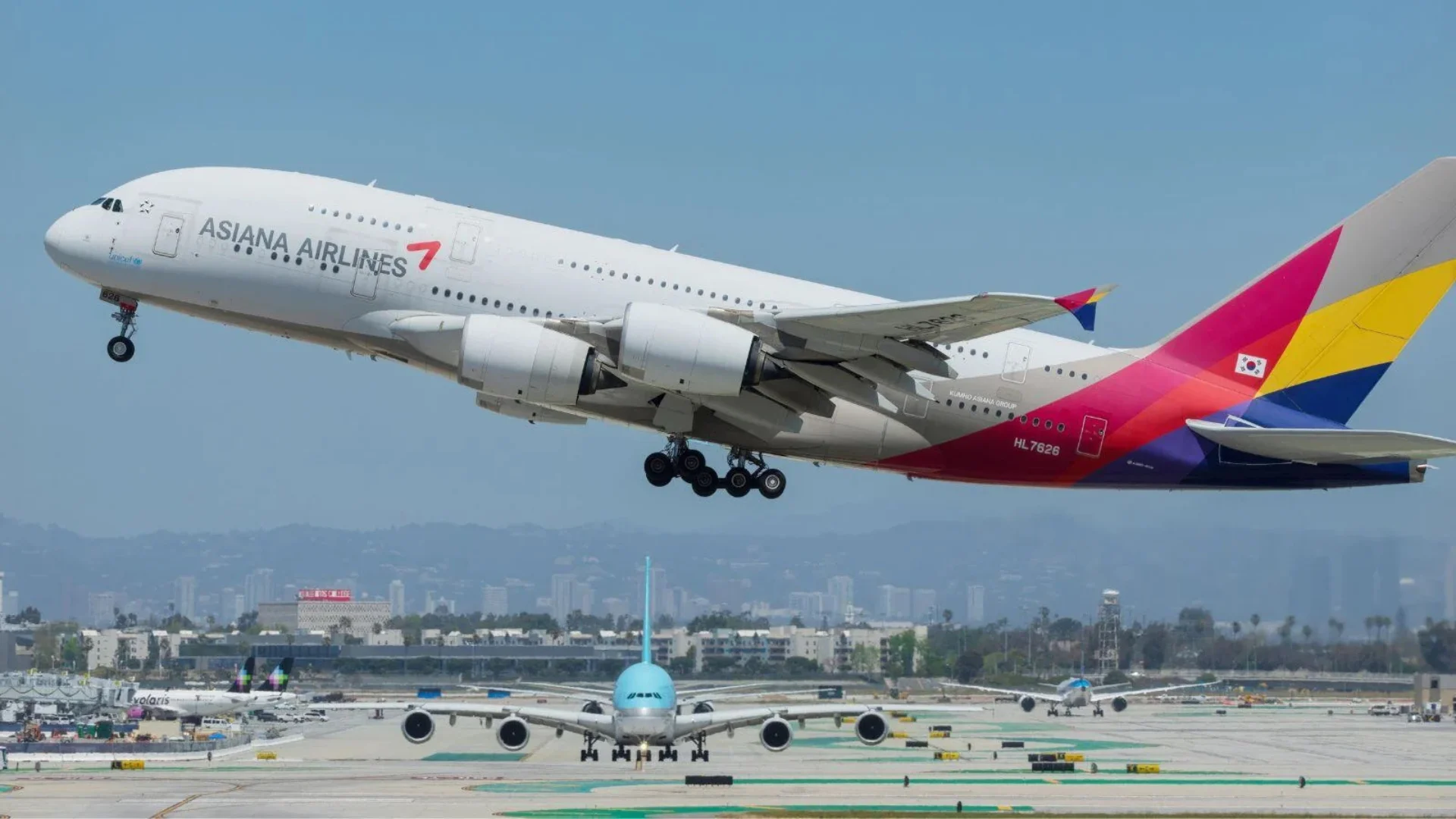In Europe, low-cost carriers have a more significant market presence compared to the United States, where they generally have limited operations and smaller market shares than full-service airlines like Delta Air Lines, American Airlines, and United Airlines. European low-cost airlines such as Ryanair, easyJet, and Wizz Air hold similar market shares to full-service carriers like British Airways, Air France, and Iberia. These budget airlines often boast larger fleets than their full-service counterparts.
The success of these low-cost carriers is notable. They frequently achieve better profit margins than full-service competitors. In contrast, U.S. low-cost airlines face challenges; for instance, Spirit Airlines recently declared bankruptcy after substantial financial losses since the pandemic. Meanwhile, European budget airlines are thriving with new routes launched annually and strong growth post-pandemic. This growth is partly due to differences in business models between European low-cost carriers and legacy airlines.
Low-cost carriers typically operate single-type aircraft fleets. For example, easyJet exclusively uses Airbus A320 family jets. "There are several reasons why low-cost carriers like easyJet choose to operate single-family fleets," according to Business Standard. This strategy allows for streamlined operating and maintenance costs.
 Alerts Sign-up
Alerts Sign-up








